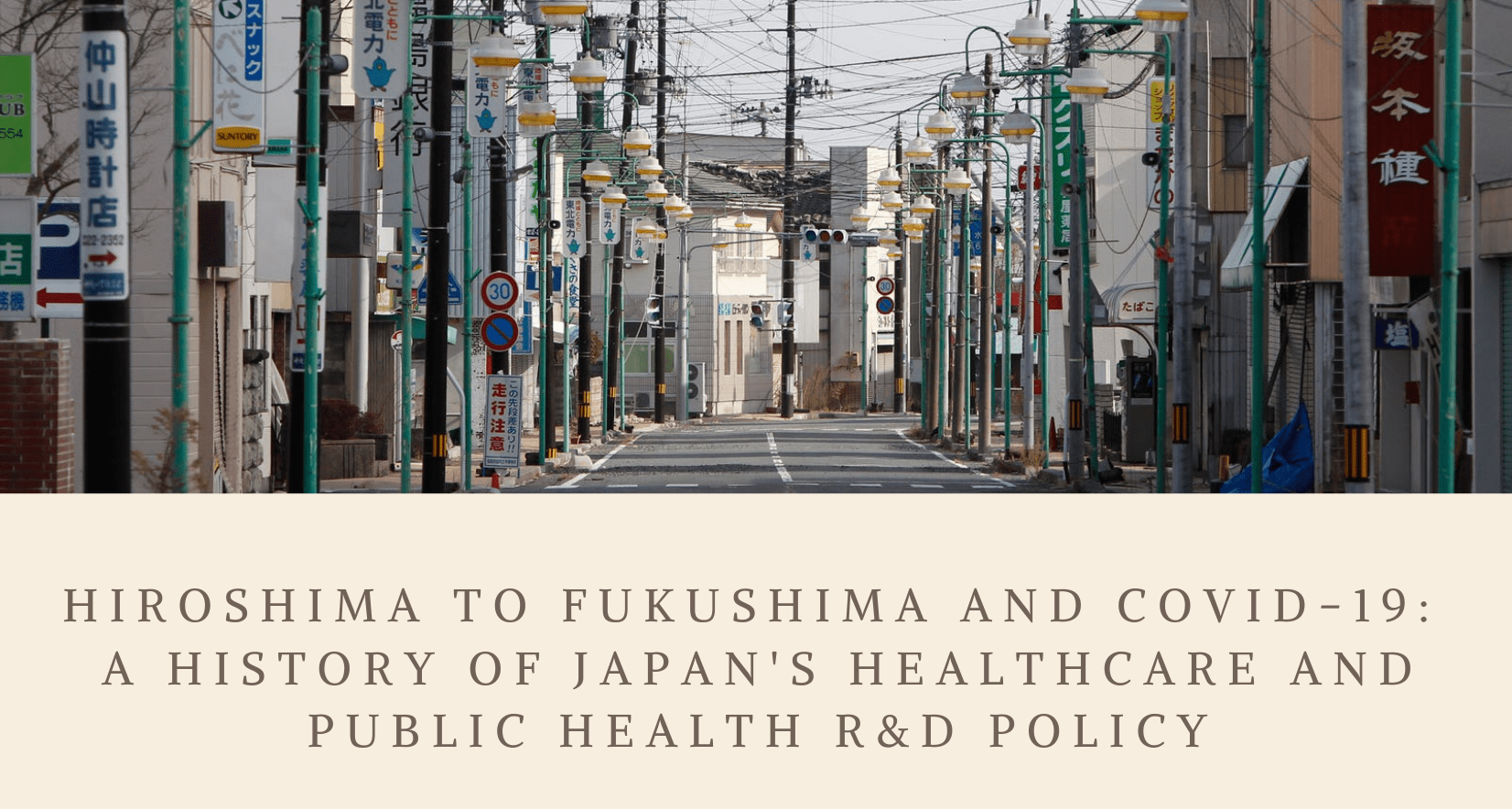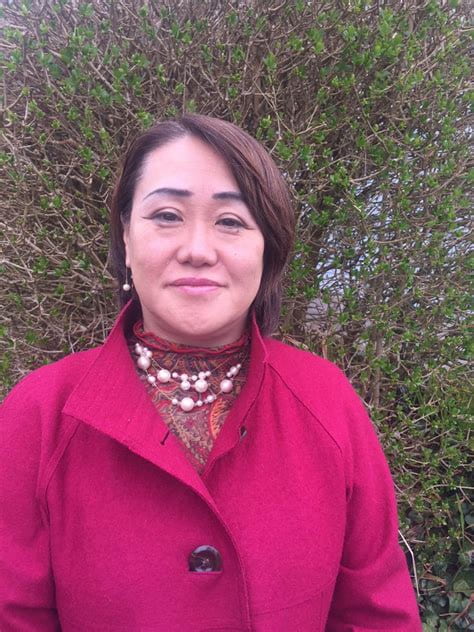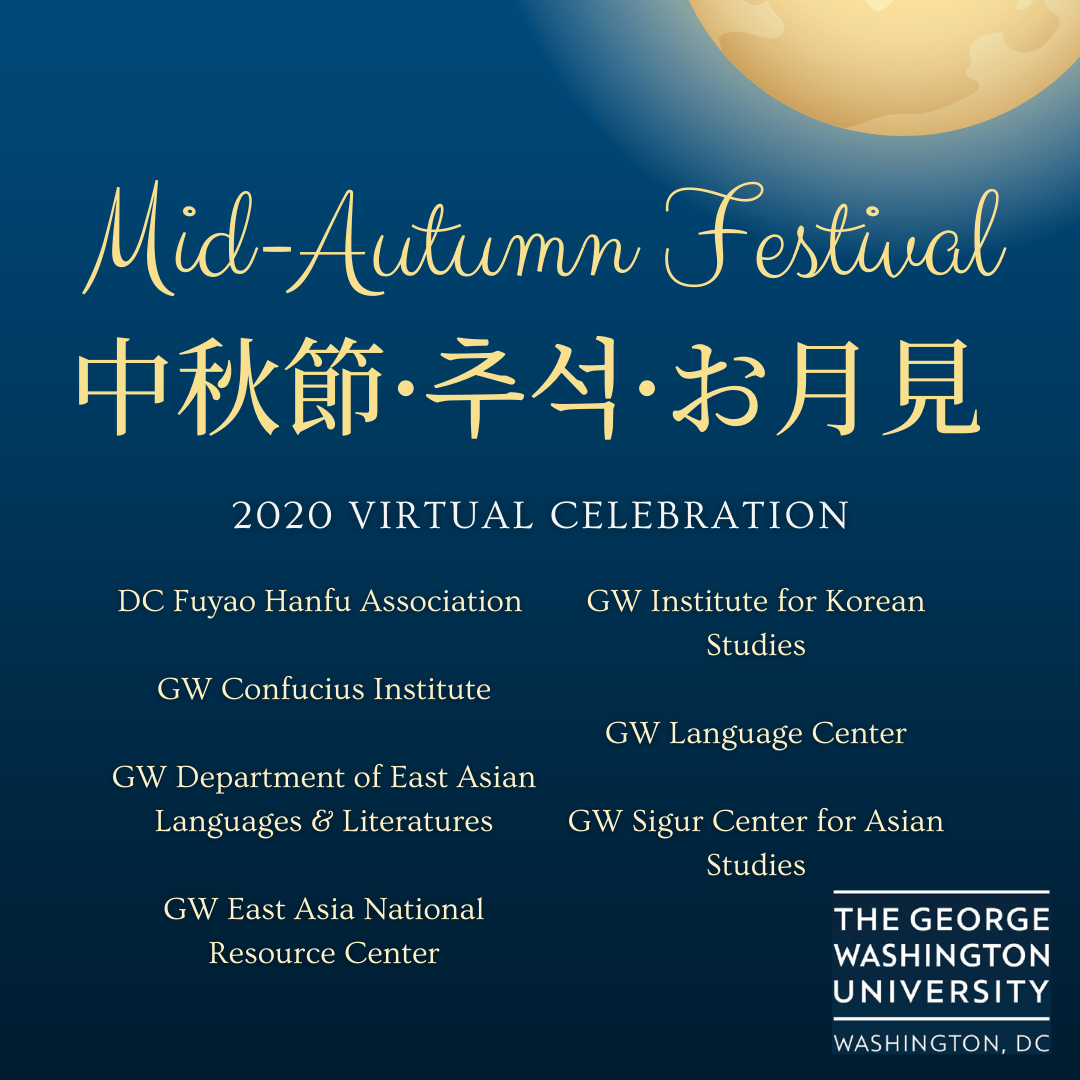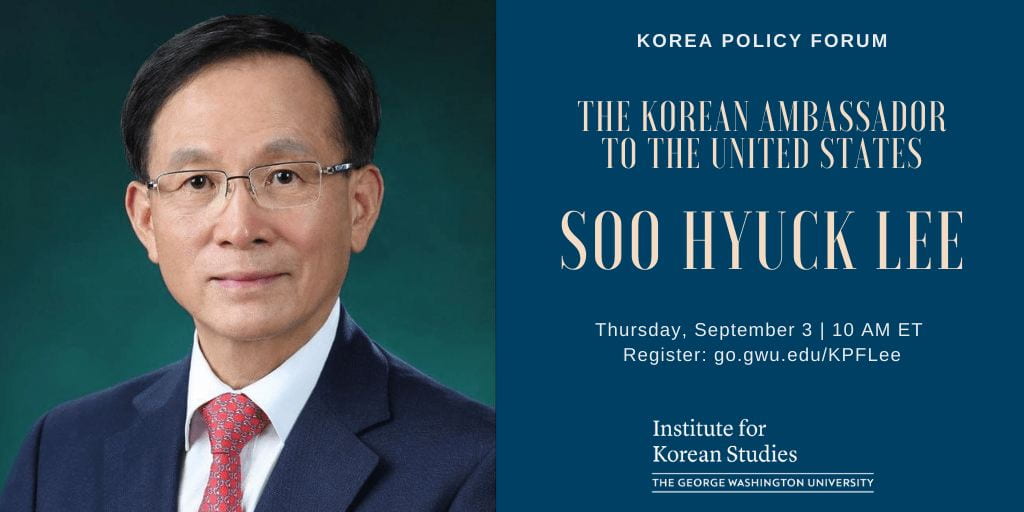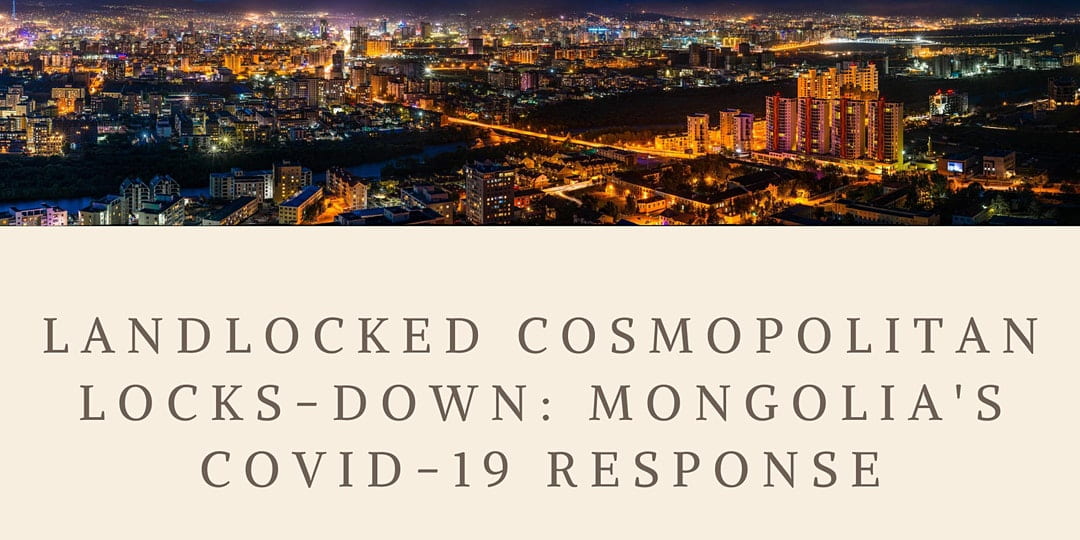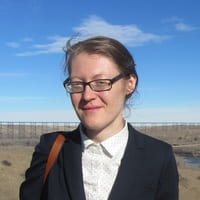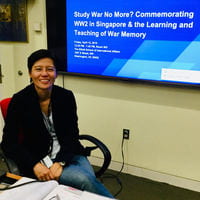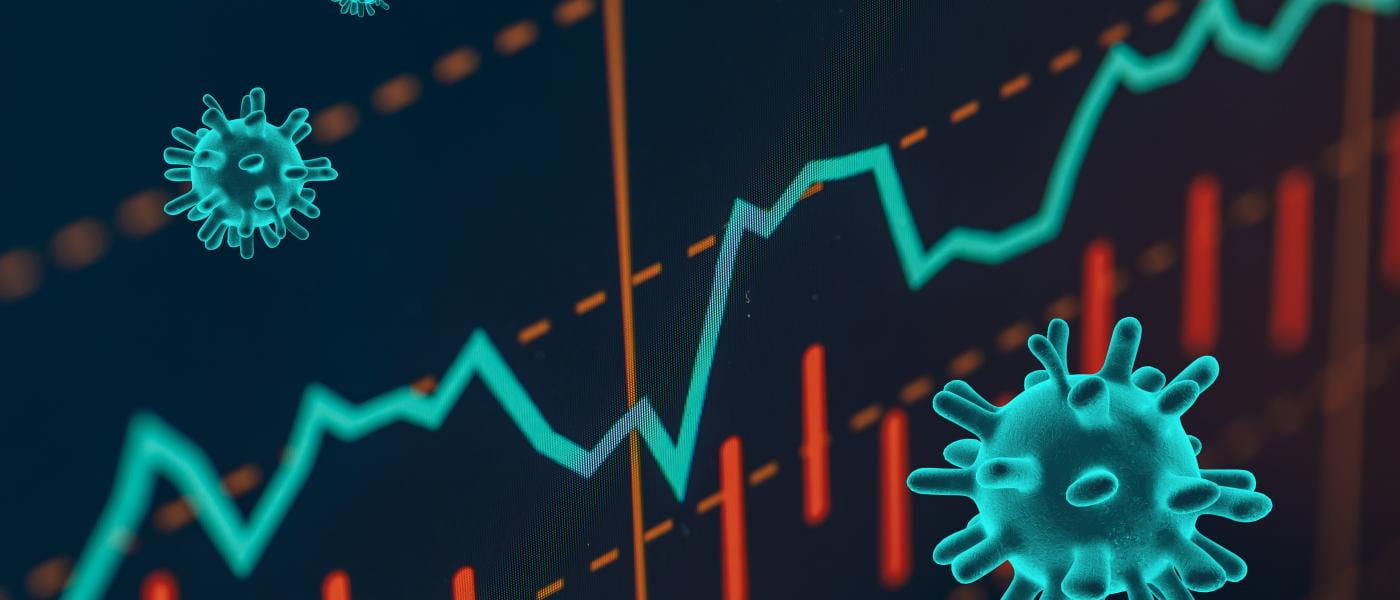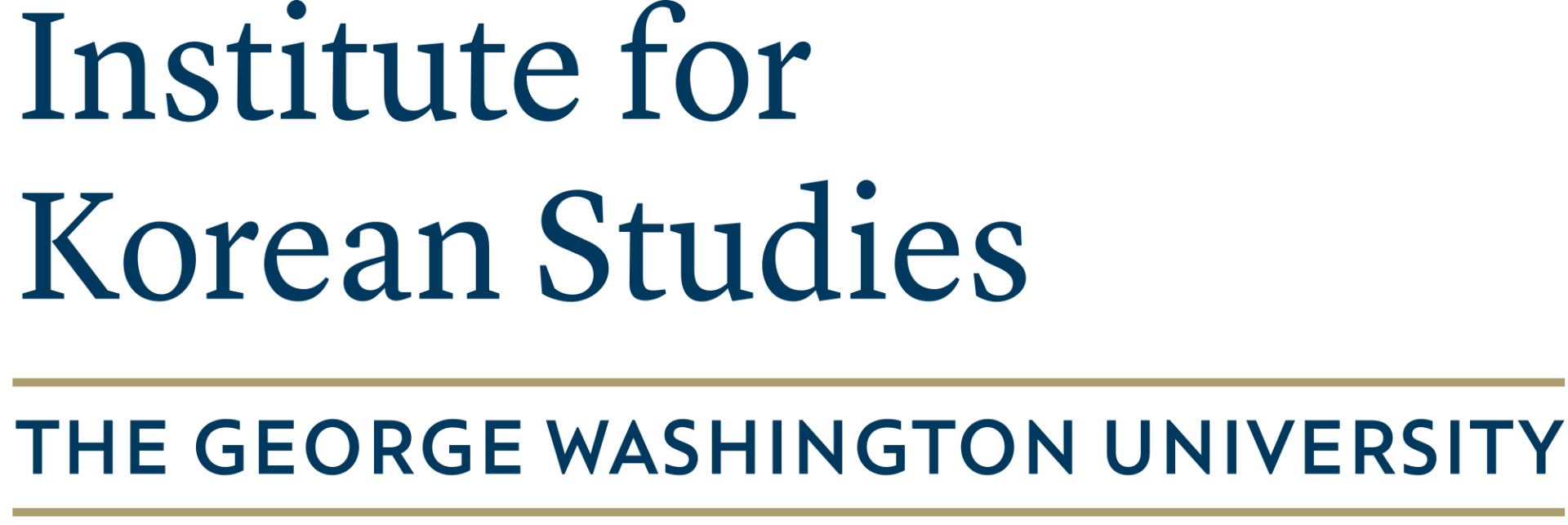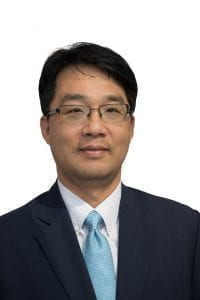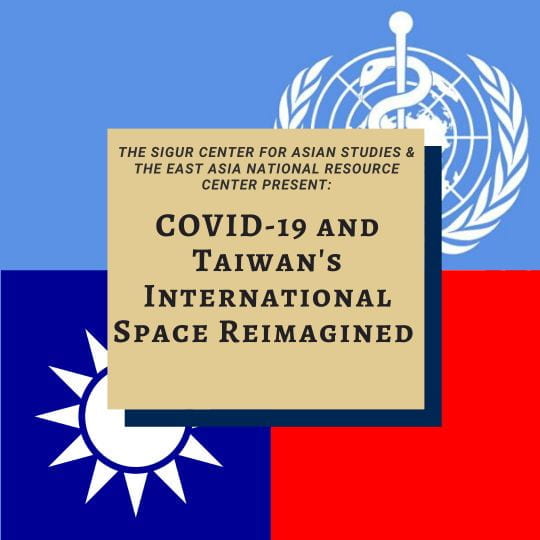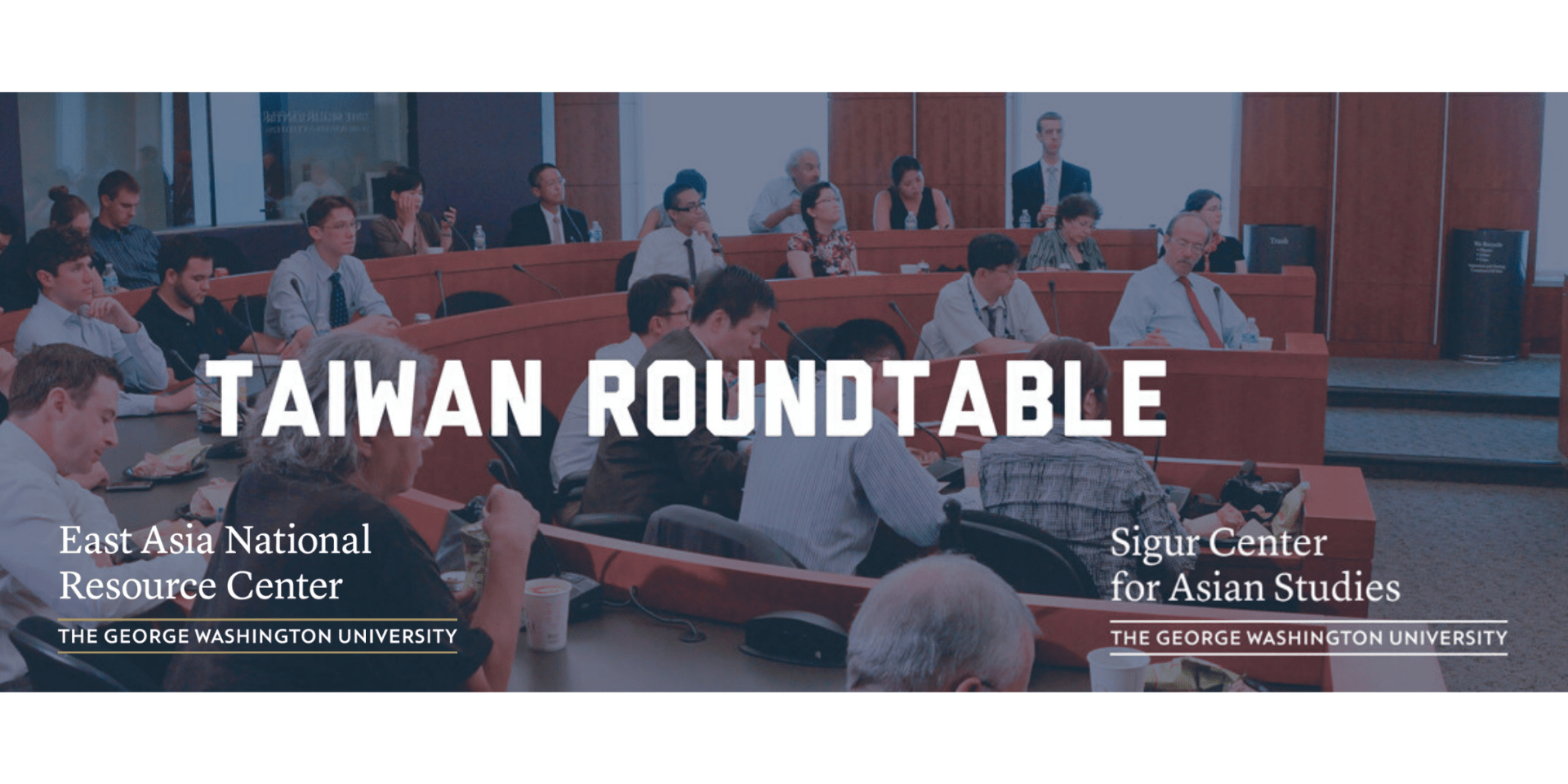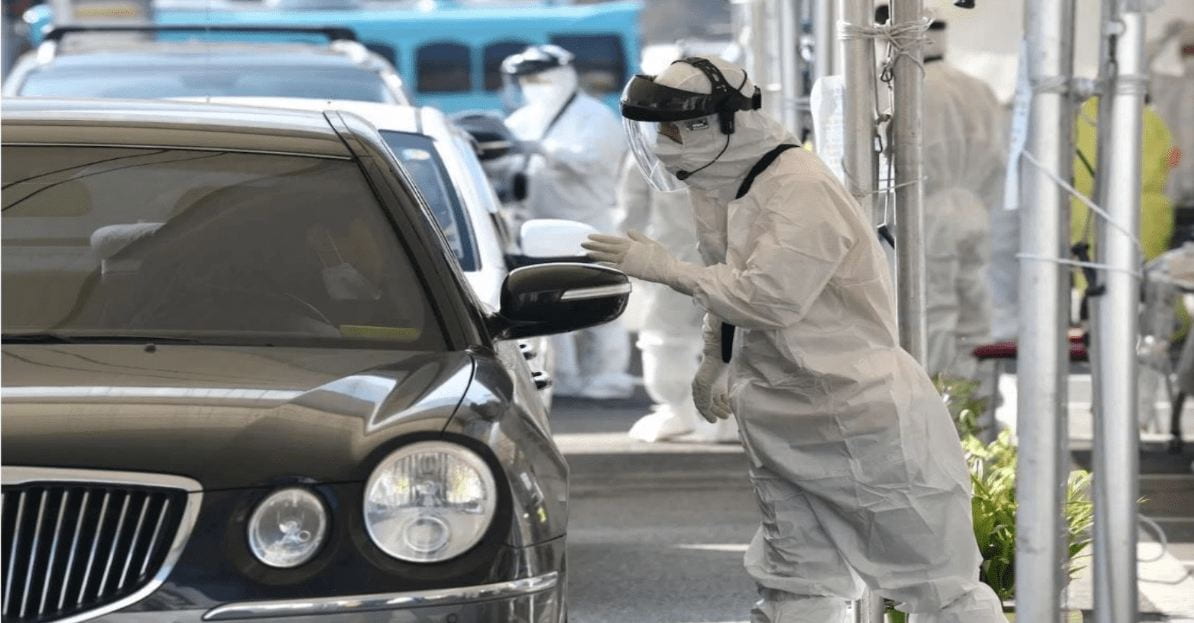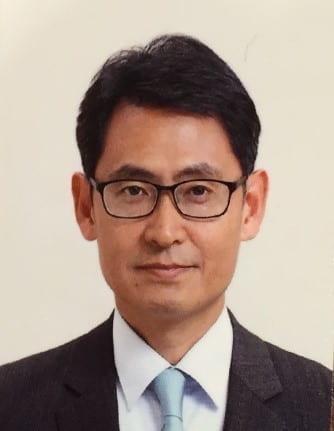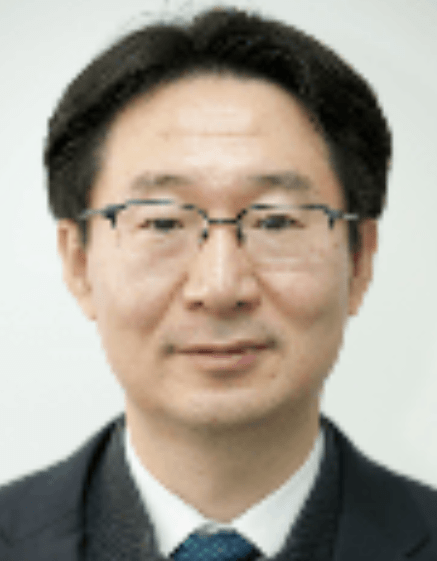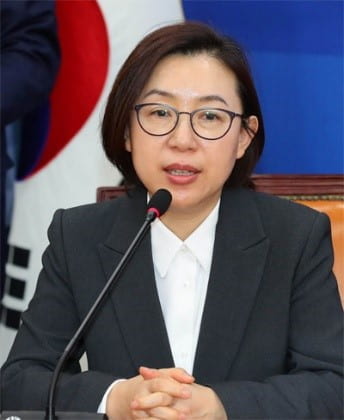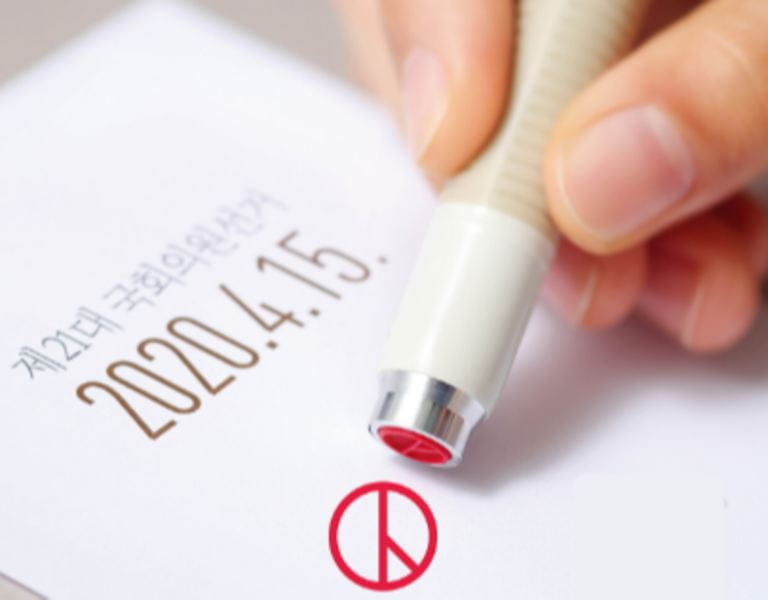Friday, October 9, 2020
12:30pm – 1:30pm EDT
Livestream via WebEX
Event Description
Like many countries, Japan has a universal health care system, and yet, it is also one of the most unique systems of healthcare and R&D due to the complex history of medicine in Japan. The first system of healthcare was established in Japan when traditional Chinese medicine was imported from China in the 7th century. It was followed by European systems of healthcare brought by missionaries toward the end of Edo Period (1603-1858). Japan’s active RD policy for public health and health care reform occurred toward the end of the 1800s through the early 1900s. However, the Japanese health care system took a dark turn during WWII with the development of bioweapons and the human experiments. At the end of the war, the atomic bombs and the Allied occupation period (1945-51) brought yet another shift with the influence of the US that lasted until the sudden economic growth period (高度成長期) in the 1970s which brought pollution sicknesses and lawsuits. Since the 1980s, Japanese leadership has been following European health care and R&D systems which include opportunities for women professionals.
The Great East Japan Earthquake and the nuclear accident in the Fukushima Prefecture brought forth many questions regarding Japanese government’s healthcare and disaster management systems. In this short 40 min presentation, I will summarize how the complexities of Japanese health care and R&D systems were established. Using this opportunity, I will also share with the audience how Japanese local and federal governments are managing the current Covid19 pandemic.
Speaker
Tomoko Steen, PhD
Adjunct Associate Professor, Department of Microbiology and Immunology, Georgetown University Medical Center
Moderator
Benjamin Hopkins
Director, Sigur Center for Asian Studies; Co-Director, East Asia NRC
Note: The event will be recorded and open to the public. Please RSVP for WebEX meeting details.
Speaker
Dr. Tomoko Steen is a tenured Senior Research Specialist at the Science, Technology and Business Division at a leading government academic agency, and an Adjunct Professor of Microbiology and Immunology at Georgetown’s Medical Center. Over the years, Dr. Steen has taken on a broad range of scientific research projects: on theoretical population genetics, on the epidemiology of antibiotic resistant strains, and currently on the biological effects of radiation using gut microbiomics. She also worked on humanities topics such as on the comparative history and policy of women in science, on an intellectual political history of Japan in Asia, on comparative health policies and biomedical ethics, and on the sociology of scientific knowledge and controversies. Dr. Steen has worked under prominent scholars both in science, and the humanities including William Provine, Motoo Kimura, Tomoko Ohta, Bruce Levin, Horace Freeland Judson, William Jack Schull, Trevor Pinch, J. Victor Koschmann and Naoki Sakai.
